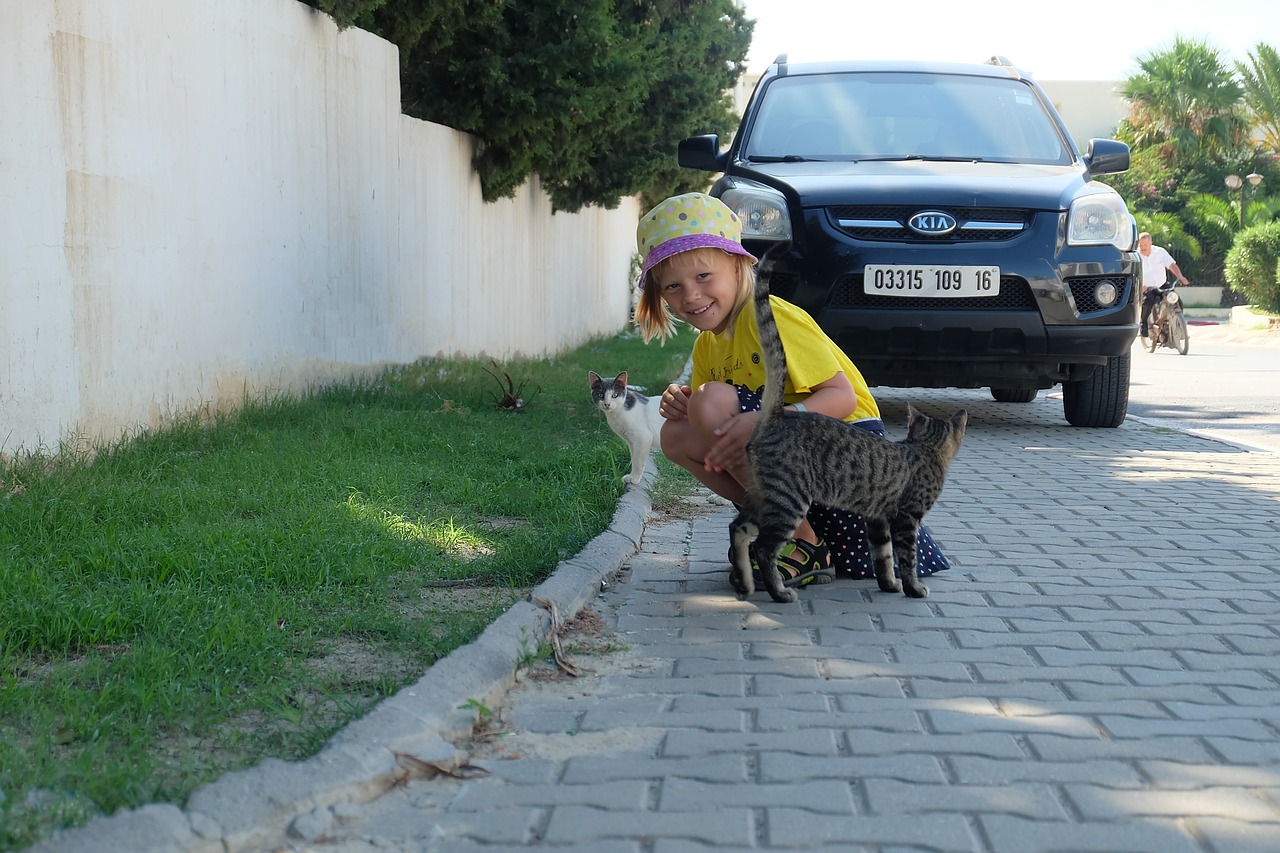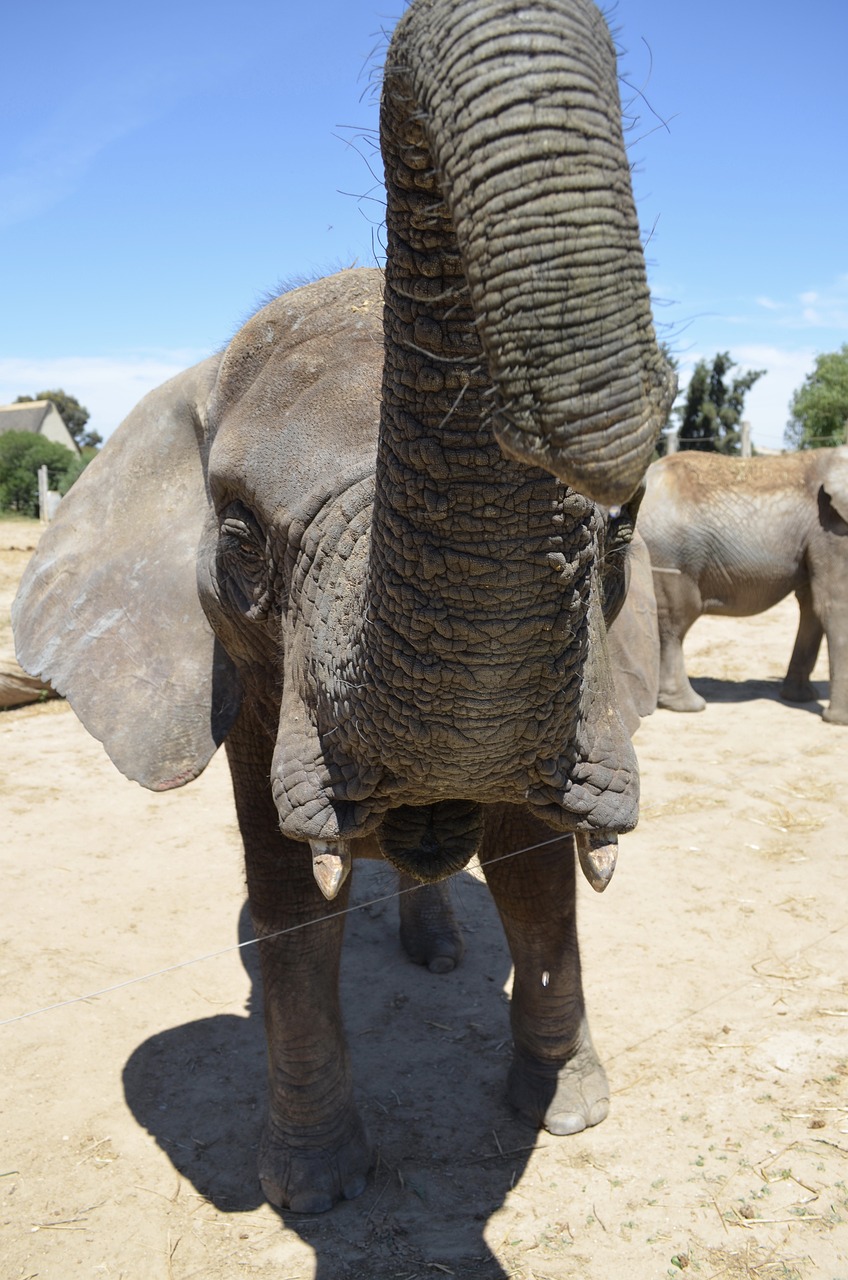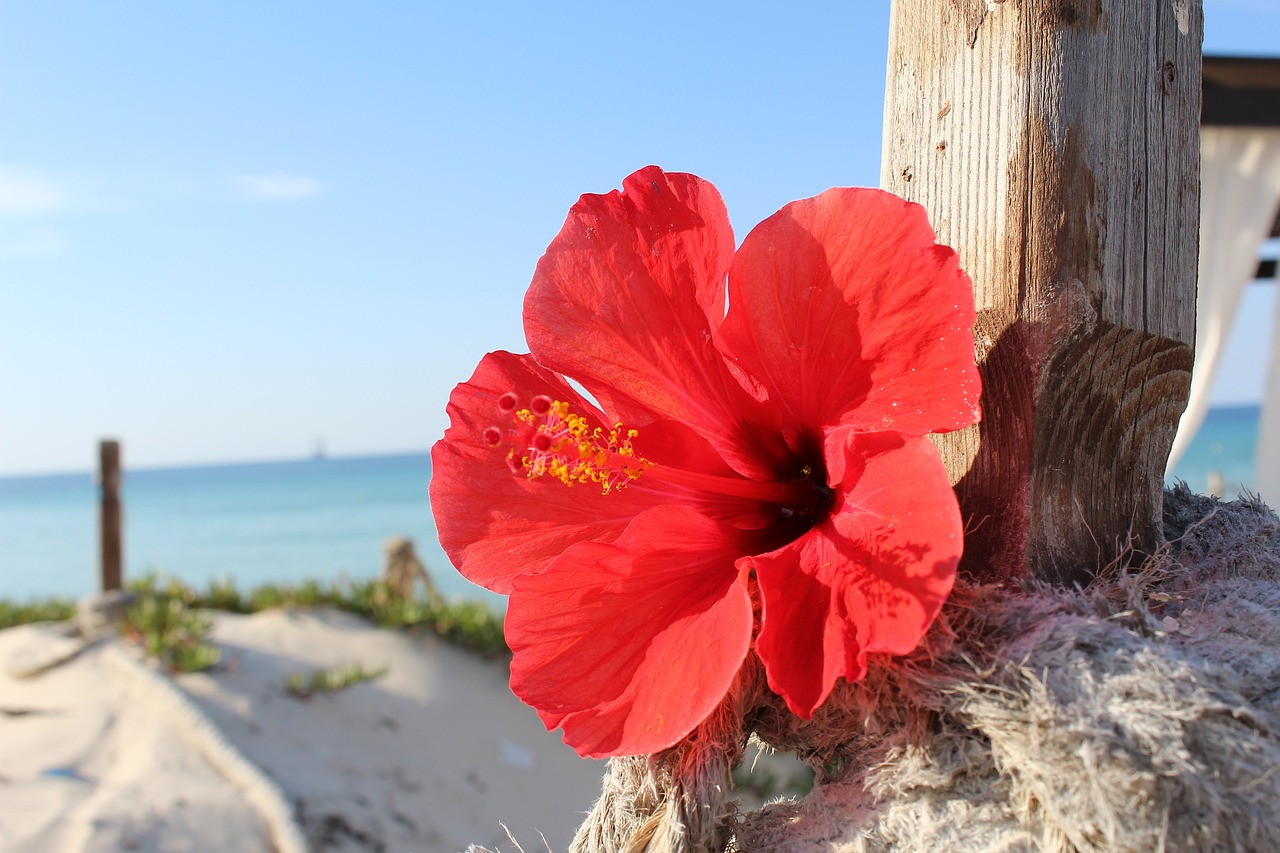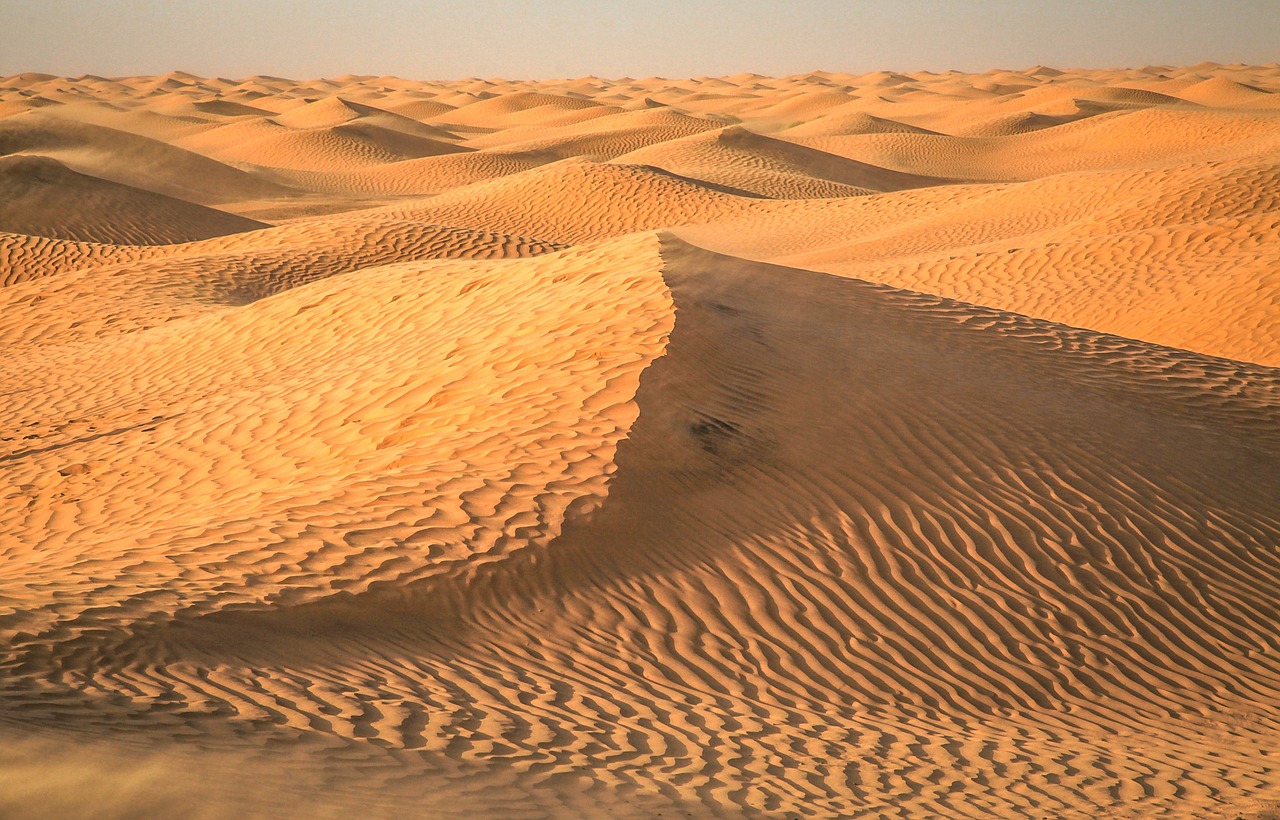Tunisia Video
Packing Essentials: Preparing for Half a Year in Tunisia
Tunisia is a beautiful North African country with a rich history, stunning landscapes, and vibrant culture. If you’re planning to spend half a year in Tunisia, it’s important to pack wisely to ensure a comfortable and enjoyable stay. In this article, we will guide you through the essential items you should consider bringing with you for your extended stay in Tunisia.
Section 1: Clothing and Accessories
When it comes to clothing and accessories, it’s important to consider the climate and cultural norms in Tunisia. Here are some essential items to pack:
- Lightweight, breathable clothing: Tunisia has a Mediterranean climate, so pack lightweight and breathable clothing like cotton shirts, shorts, and dresses to stay comfortable in the warm weather.
- Modest clothing: Tunisia is a predominantly Muslim country, so it’s important to respect the local culture by packing modest clothing. This includes longer skirts or pants for women and shirts that cover the shoulders and chest.
- Sun protection: Don’t forget to pack a wide-brimmed hat, sunglasses, and sunscreen to protect yourself from the strong Tunisian sun.
- Comfortable shoes: Tunisia offers plenty of opportunities for exploration, so pack comfortable walking shoes or sandals to navigate the diverse terrain.
- Swimwear: Tunisia has beautiful beaches, so don’t forget to pack your swimwear for a refreshing dip in the Mediterranean Sea.
Section 2: Health and Hygiene
Taking care of your health and hygiene is crucial during your extended stay in Tunisia. Here are some essential items to include in your packing list:
- Prescription medications: If you have any chronic medical conditions, make sure to bring an ample supply of your prescription medications for the duration of your stay.
- Over-the-counter medications: It’s a good idea to pack a basic first aid kit with essentials like pain relievers, antihistamines, and stomach remedies.
- Personal hygiene products: Pack your preferred toiletries, including toothpaste, shampoo, soap, and any other personal care items you may need.
- Mosquito repellent: Tunisia has mosquitoes, especially during the warmer months, so carry a reliable mosquito repellent to protect yourself from bites.
- Travel insurance: It’s always wise to have travel insurance that covers medical emergencies and other unforeseen circumstances during your stay in Tunisia.
Section 3: Electronics and Communication
Staying connected and having the necessary electronics can greatly enhance your experience in Tunisia. Here are some essential items to consider packing:
- Universal power adapter: Tunisia uses Type C and Type E power outlets, so make sure to bring a universal power adapter to charge your electronic devices.
- Mobile phone and charger: Having a mobile phone with a local SIM card can be helpful for navigation, communication, and accessing emergency services.
- Laptop or tablet: If you need to work or stay connected online, consider bringing a laptop or tablet with you.
- Camera: Tunisia offers stunning landscapes and historical sites, so don’t forget to pack a camera to capture your memories.
Tunisia Image 1:

Section 4: Travel Documents
To ensure a smooth and hassle-free journey, make sure to pack all the necessary travel documents. Here are some essential items to include:
- Passport: Check the validity of your passport and make sure it will not expire during your stay in Tunisia. Carry a photocopy of your passport as a backup.
- Visa: Depending on your nationality, you may need to obtain a visa before traveling to Tunisia. Check the visa requirements and apply in advance if necessary.
- Flight tickets: Keep a printed or digital copy of your flight tickets for easy access during your journey.
- Health insurance documents: If you have travel health insurance, carry the necessary documents and emergency contact information.
- Local currency: It’s advisable to carry some Tunisian Dinar for immediate expenses upon arrival.
Section 5: Money and Banking
Understanding the local currency and banking services in Tunisia is essential. Here are some key points to keep in mind:
- Local currency: The official currency of Tunisia is the Tunisian Dinar (TND). Familiarize yourself with the current exchange rates and consider exchanging some currency before your trip.
- ATMs: ATMs are widely available in major cities and tourist areas. Check with your bank to ensure your debit or credit cards will work in Tunisia.
- Credit cards: Major credit cards like Visa and Mastercard are accepted in hotels, restaurants, and larger establishments. However, it’s always a good idea to carry some cash for smaller vendors or in case of any card issues.
- Banking hours: Banks in Tunisia generally operate from Monday to Friday, with some branches open on Saturdays. Plan your banking needs accordingly.
Section 6: Local Transportation
Getting around Tunisia efficiently and comfortably is important for exploring the country. Here are some transportation options to consider:
- Taxis: Taxis are a common mode of transportation in Tunisia. Make sure to use licensed taxis with functioning meters or agree on a fare before getting in.
- Car rentals: If you prefer more independence, consider renting a car. Make sure to have an international driving permit and familiarize yourself with local driving laws.
- Public transportation: Tunisia has a well-connected public transportation system, including trains and buses. This is a cost-effective option for traveling between cities.
- Shared transportation: Rideshare services like Uber and local alternatives are available in major cities, offering convenient and reliable transportation.
Tunisia Image 2:

Section 7: Safety and Security
While Tunisia is generally a safe country, it’s important to take precautions to ensure your personal safety. Here are some tips to consider:
- Research: Familiarize yourself with the local customs, laws, and potential risks before your trip. Stay updated on travel advisories issued by your government.
- Stay vigilant: Keep an eye on your belongings and be cautious of your surroundings, especially in crowded areas or tourist hotspots.
- Emergency contacts: Save important phone numbers, including local emergency services and your embassy or consulate, in case of any emergencies.
- Travel insurance: As mentioned earlier, having travel insurance that covers medical emergencies and other unforeseen circumstances is essential for peace of mind.
Section 8: Local Culture and Etiquette
Respecting the local culture and customs is important when visiting Tunisia. Here are some cultural tips to keep in mind:
- Dress modestly: As mentioned earlier, dress modestly to show respect for the local culture. This is especially important when visiting religious sites.
- Learn basic Arabic phrases: Learning a few basic Arabic phrases like greetings and polite expressions can go a long way in connecting with the locals.
- Respect Ramadan: If your stay in Tunisia coincides with Ramadan, be mindful of the customs and restrictions observed during this holy month.
- Ask for permission: When taking photographs of people, especially locals, it’s polite to ask for their permission beforehand.
Section 9: Local Cuisine
Tunisian cuisine is known for its rich flavors and unique blend of Mediterranean and North African influences. Here are some must-try dishes:
- Couscous: Tunisia is famous for its couscous, a traditional dish made from semolina grains served with vegetables, meat, or fish.
- Brik: Brik is a popular Tunisian street food, consisting of a thin pastry filled with egg, tuna, or other savory ingredients.
- Harissa: Harissa is a spicy chili paste commonly used in Tunisian cuisine. It adds a delicious kick to various dishes.
- Makroudh: Makroudh is a sweet pastry made with dates, almonds, and semolina, often enjoyed with a cup of mint tea.
Tunisia Image 3:

Section 10: Leisure and Entertainment
Tunisia offers a wide range of leisure and entertainment options. Here are some suggestions for your free time:
- Visit historical sites: Explore the ancient ruins of Carthage, the amphitheater of El Jem, or the Medina of Tunis, a UNESCO World Heritage site.
- Relax on the beaches: Tunisia boasts stunning beaches along its Mediterranean coastline. Enjoy sunbathing, swimming, or water sports.
- Experience the Sahara Desert: Take a desert excursion and witness the breathtaking landscapes of the Sahara Desert, including camel rides and camping under the stars.
- Explore local markets: Visit the bustling souks (markets) to experience the vibrant atmosphere and shop for traditional handicrafts, spices, and souvenirs.
Section 11: Language and Communication
While Arabic is the official language of Tunisia, French is widely spoken, especially in tourist areas. Here are some language tips:
- Learn basic Arabic and French phrases: Knowing a few basic greetings and phrases in Arabic and French can help you navigate daily interactions and show respect for the local language.
- Use translation apps: Download language translation apps on your smartphone to facilitate communication with locals.
- English proficiency: English is also spoken in many hotels, tourist attractions, and by younger generations. However, it’s always helpful to have some basic language skills.
Section 12: Conclusion
By packing the right essentials and being prepared for your half-year stay in Tunisia, you can make the most of your time in this beautiful North African country. From clothing suitable for the climate and culture, to important travel documents and an understanding of local customs, these tips will help ensure a memorable and enjoyable experience in Tunisia.
References
– Lonely Planet: www.lonelyplanet.com/tunisia
– Tunisia Tourism: www.tunisia-tourism.org
– U.S. Department of State – Tunisia: travel.state.gov/content/travel/en/international-travel/International-Travel-Country-Information-Pages/Tunisia.html


